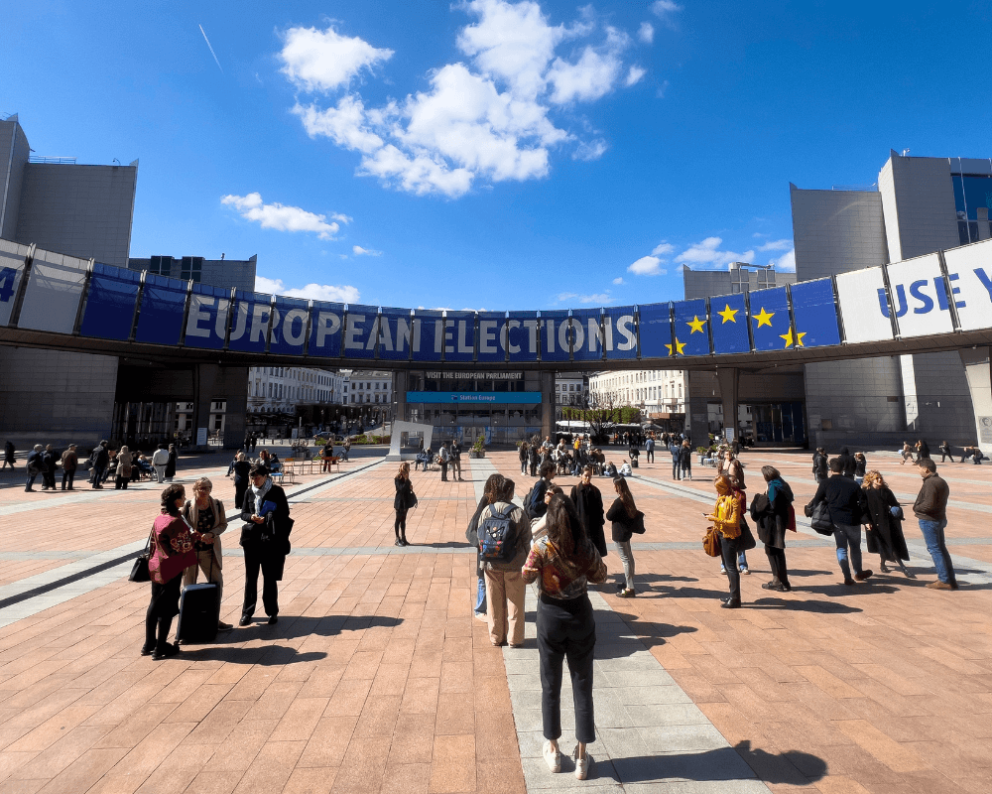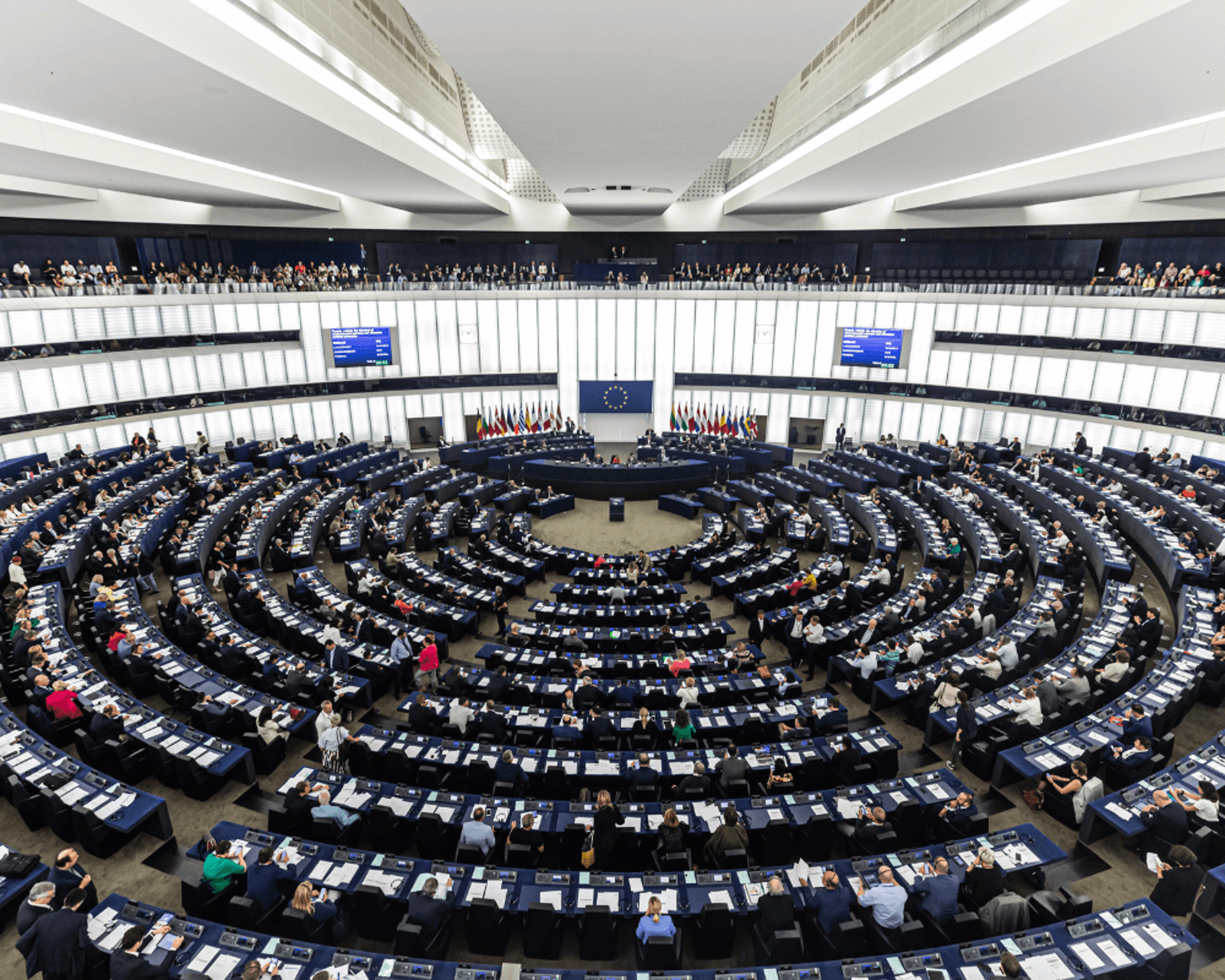
In view of the upcoming European elections, an issue that is particularly felt by the university and the student body, we asked for a comment from our vice Rector for Humanities and Social Sciences, Professor Roberto Mordacci, who highlighted the key issues of the context in which these elections will take place.
A step in history: from 1979 to 2024
The first elections to the European Parliament took place in 1979. Nine countries participated, those that were then part of the European Community: Belgium, Denmark, France, Germany, Ireland, Italy, Luxembourg, the Netherlands and the United Kingdom.
The 2024 elections are the tenth since that 1979 and involve 27 countries, one less than in 2019, due to Brexit. They will take place in a very sensitive international climate, with two major wars, Ukraine and Gaza-Israel, not far from Europe's borders and with an agenda of decisive issues to be tackled in the next five years. Among these, the most profound is that of European defence.

A common defence system or a Europe à la carte?
Russian aggression against Ukraine has caused great concern among European countries, especially those in Central and Eastern Europe (the so-called CEECs), who fear Russian expansionist aims and perceive the possibility of NATO's disengagement in Europe. The Union will have to decide whether to organise a common defence system that is, at least in part, independent of NATO or opt for a Europe à la carte, where each state goes its own way, also in terms of geo-strategic alliances.
The urgency of environmental issues
Another crucial issue is the environment. The EU has long taken the lead in a progressive attitude towards new energy sources and strategies for reducing emissions and for climate change mitigation and adaptation. No other continent has introduced initiatives comparable to the Green Deal, both in terms of investments and common policies. The Parliament will have to decide whether to confirm this leading role or to change course, following more immediate interests.

Artificial Intelligence and Regulation of the Future
Then there is the technological agenda, on which the Union has recently made a major breakthrough, with the passing of the AI Act, the first international legislation on Artificial Intelligence, which defines the risk levels and related requirements for the use of algorithms in instruments admitted to the European market.
Europe's geopolitical role will depend on these and other issues, which will establish a fundamental point, namely whether the Union is still a viable project or whether it is heading for disintegration. In the latter case, it is foreseeable not so much that nation states will regain sovereignty, but that they will become more vulnerable to external, non-European influences in a rapidly changing scenario.

European identity and the "Erasmus Generation"
After 45 years since the first elections, the European population has become accustomed to feeling that it is the author of its own destiny: it has not yet developed a kind of ‘transnational European consciousness’, but it has been nourished by intense exchanges and a much deeper mutual knowledge than before the 1958 Treaty of Rome. The ‘Erasmus generation’ alone constitutes a now large cohort of citizens who feel first and foremost European and who travel and live freely, without difficulty, in the countries of the Union (no longer in the United Kingdom, which has gained a certain isolation from the continent). It is no coincidence that, in the voter statistics, young people are among those who most access the European vote. There is no reason to think that they will not want to make their voices heard this time too.

Not only, therefore, the urgent issues - about which too little, unfortunately, has been spoken in this election campaign - but a now widespread awareness will bring many people, young and old, to the polls on Saturday 8th and Sunday 9th June. And the opportunity to choose is already a victory for everyone.
In Italy it will be possible to vote on 8th and 9th June at your polling station. If you need more information here you will find various indications for your informed vote.
See you at the polls!
